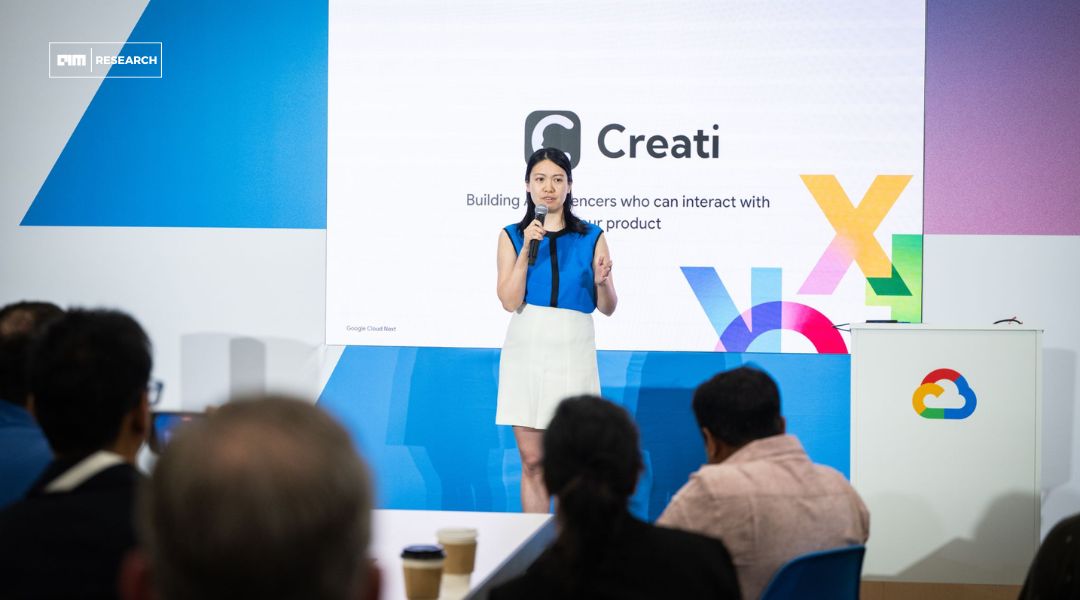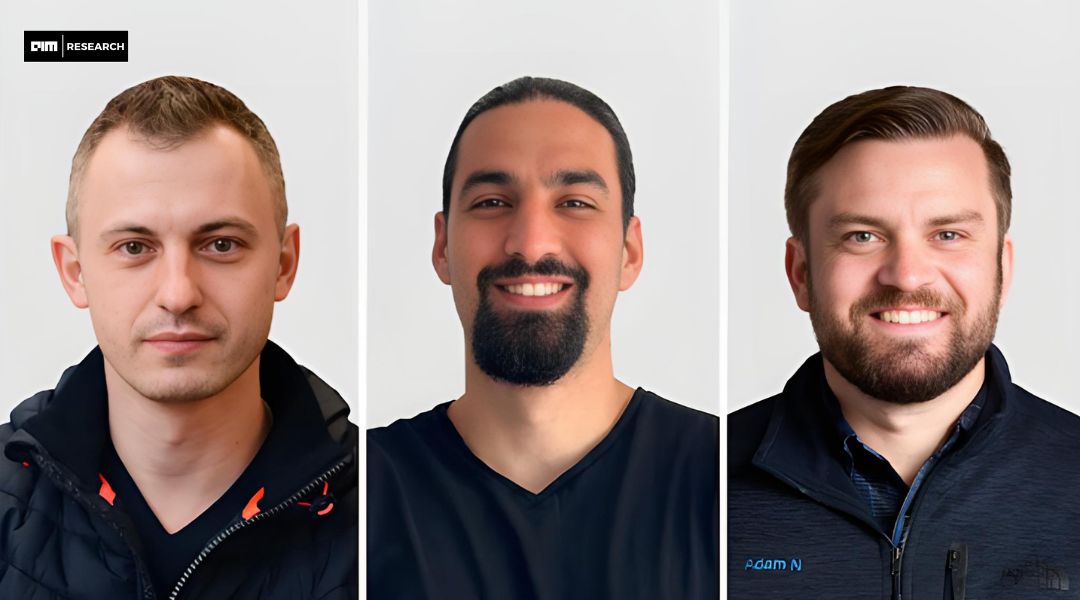
P- 1 AI Raises 23 Million to Train the First Engineering Superintelligence
- By Anshika Mathews
- Published on
I want an AI superintelligence that can build us starships and Dyson spheres.


“I want an AI superintelligence that can build us starships and Dyson spheres,” said Paul Eremenko, former CTO of Airbus and co-founder of the newly launched P-1 AI. While that ambition may still be decades away, Eremenko and his team are taking a measured first step toward it: building AI tools that can assist engineers in designing complex real-world machines.
P-1 AI, which has just emerged from stealth mode, was founded by Eremenko, former Google DeepMind researcher Aleksa Gordić, and Adam Nagel, previously an engineering leader at Acubed, Airbus’s innovation center. The company announced a $23 million seed funding round led by Radical Ventures, joined by Village Global, Schematic Ventures, and Lerer Hippeau, alongside angel investors including Google DeepMind’s Chief Scientist Jeff Dean and OpenAI’s VP of New Product Explorations Peter Welinder.
P-1’s first product, Archie, is an AI-powered engineering agent designed to operate like a junior member of an engineering team. Rather than replacing traditional tools or software, Archie aims to handle repetitive and time-intensive cognitive tasks: distilling design requirements, generating early design concepts, checking compliance against regulations, conducting first-order design trades, and selecting appropriate tools for detailed work.
The startup’s name is inspired by The Adolescence of P-1, a 1977 science fiction novel about a sentient AI. Yet the company’s path is grounded in a pragmatic roadmap, not science fiction. “We’re not going to be a 10-year moonshot,” said Eremenko. “This is a very pragmatic rollout and path to market.”
The challenge P-1 AI tackles is a data problem. High-quality, cohesive datasets are crucial for training AI models capable of reasoning over physical systems, but such data is notoriously scarce in engineering. Most designs are proprietary, sparse, and often lack integrated multi-physics information.
To solve this, P-1 AI is creating its own large-scale synthetic datasets by building virtual models of real-world components, motors, pipes, shafts all grounded in physics simulations and supply chain constraints. These synthetic datasets allow the AI to be trained on a wide array of realistic scenarios without relying on scarce real-world examples.
Gordić compared the approach to the way DeepMind initially trained AlphaGo by mimicking human games and then improved through self-play. “AlphaGo was trained initially to mimic data from actual human players,” he explained. Similarly, Archie is being trained first on synthetic engineering data, aiming to reach the level of a college graduate engineer before it begins learning further from deployment feedback and real-world usage.
Unlike large language models that rely on statistical completion of patterns, P-1 is building models that must perform spatial and multi-physics reasoning in highly constrained environments. “We are building an AI architecture that can generalize and scale to an engineering superintelligence for physical system design,” said Gordić. “This cannot be done with a thin wrapper around existing LLMs, but requires some really fundamental breakthroughs both in data and models.”
Initially, Archie will be deployed later this year to support engineering of data center cooling systems, a domain rich in physical complexity and engineering trade-offs. Following that, P-1 plans expansion across multiple industries including building systems, industrial machinery, automotive, aerospace, and defense.
“Our aim is that every engineering team at every major industrial company has an Archie as a team member,” Eremenko said. “Focusing initially on the dull and repetitive tasks, enhancing the team’s bandwidth and productivity, learning from real-world feedback and data, getting smarter and smarter, and ultimately helping humankind build things we don’t know how to build today.”
The broader vision goes beyond incremental productivity improvements. P-1’s founders believe that, over time, an AI that masters cognitive engineering tasks could enable humanity to tackle projects beyond today’s technical capabilities, including ambitious goals like space colonization technologies and planetary-scale engineering projects.
Large incumbents such as Siemens, Autodesk, and IBM have been exploring AI applications in engineering, but primarily by enhancing existing software toolchains. P-1 AI, by contrast, is positioning itself to develop a new class of generalist engineering AI assistants that integrate directly into engineering workflows without being tied to a single software environment.
Radical Ventures, which led the seed round, has positioned itself as one of the most AI-focused investment firms globally, backing companies like Cohere and World Labs. “P-1 AI is tackling an incredibly hard, high-value problem at the intersection of AI and the physical world,” said Molly Welch, Partner at Radical Ventures. “The team has a unique blend of deep customer understanding, and world-class AI and physics-based modeling talent.”
Other backers include Village Global, an early-stage firm backed by technology leaders such as Bill Gates, Jeff Bezos, and Mark Zuckerberg, and chaired by Reid Hoffman, as well as AI figures like Bob van Luijt, CEO of Weaviate.
The company’s near-term strategy emphasizes continuous learning. Archie will not only be trained on synthetic data but will also improve rapidly after deployment through feedback from real-world engineering teams, combining simulated understanding with practical application.
“We are building an engineering AGI,” said Gordić. “The greatest impact of artificial intelligence will be on the built world—helping mankind conquer nature and bend it to our will.”
📣 Want to advertise in AIM Research? Book here >
Cypher 2024
21-22 Nov 2024, Santa Clara Convention Center, CA
A Vendor Briefing is a research tool for our industry analysts, and an opportunity for a vendor to present its products, services and business strategies to analysts who cover the vendor specifically or a related technology or market.
AIM Research encourages technology vendors and agencies to brief our team for PeMa Quadrants, when introducing a new product, changing a business model, or forming a partnership, merger, or acquisition.


